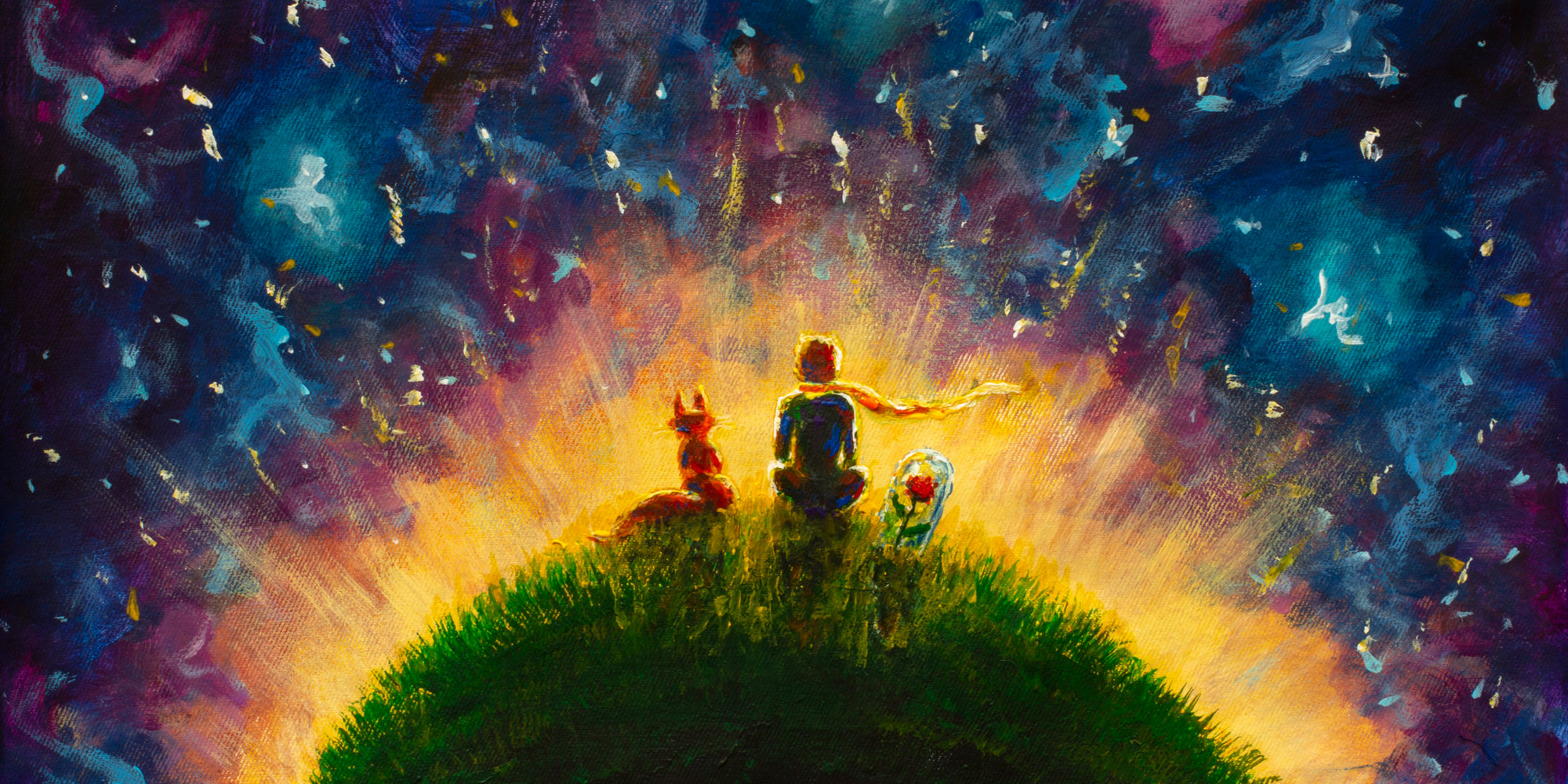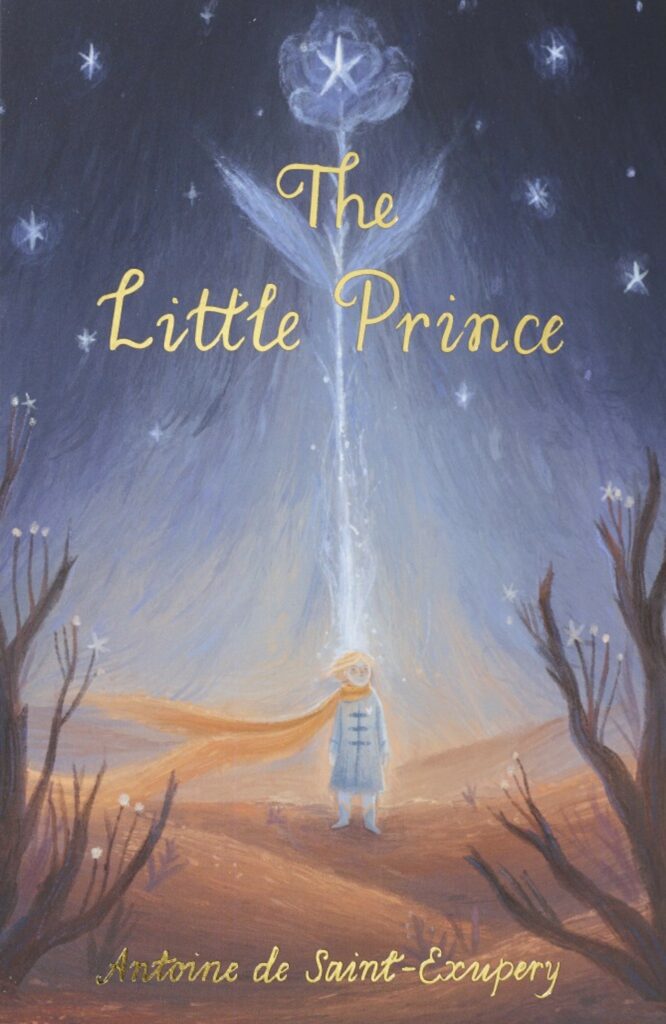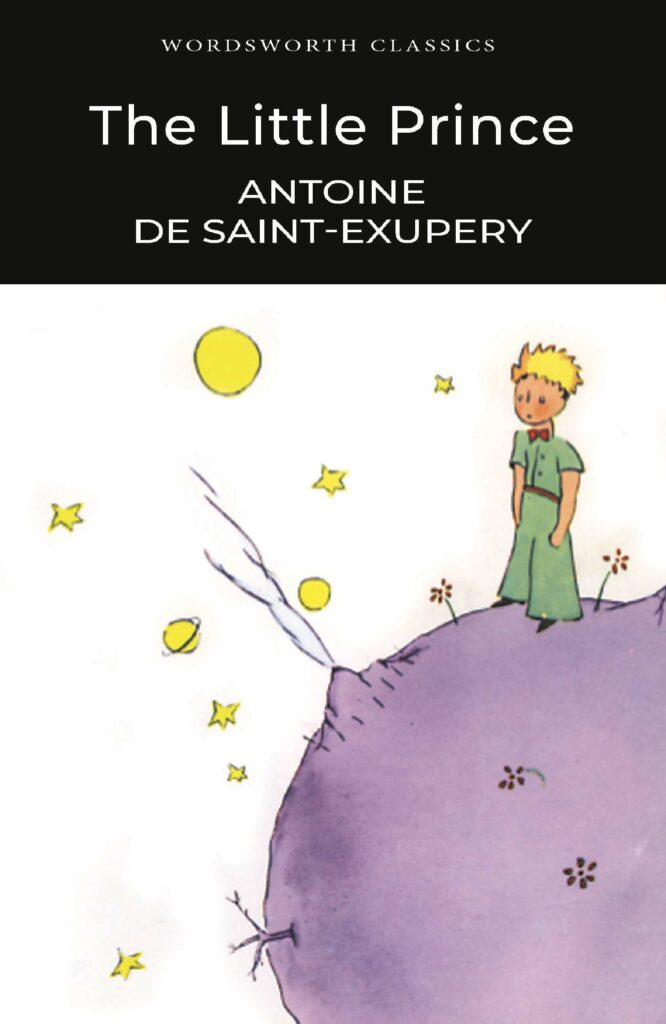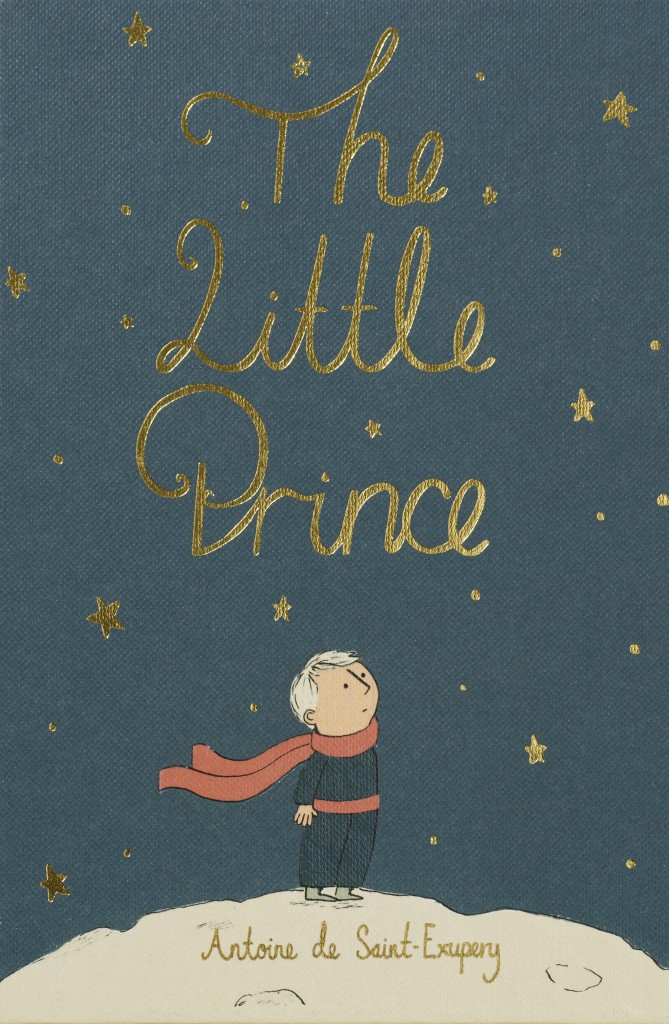
Sally Minogue watches The Little Prince
Antoine de Saint-Exupéry’s ‘The Little Prince’ has been given a ‘radical Afrofuturistic’ theatrical makeover by the writer of the moment, Inua Ellams. Sally Minogue went to see it.
I first encountered Inua Ellams when I went to see his Barbershop Chronicles at the National Theatre (hotly recommended by fellow blogger Stefania Ciocia). It was a theatrical evening unlike any other at the NT, notable for its diverse, energetic and vocal audience, who were invited as part of the performance to come and share a dance with the actors on the in-the-round stage. The night I went, one woman dancer outshone all the professionals, and almost upended the balance of the play. More recently, Ellams has won many plaudits for his Biafra-inspired version of Chekhov’s Three Sisters – not an easy play to take on, with its long theatrical history. That I have not seen, but its reputation added to the intrigue of his adaptation of The Little Prince, commissioned and produced (as was Three Sisters) by Fuel Theatre, which gets its first outing here at the community-based Stratford Circus Arts Theatre, from whence it tours to other venues. I’m trying to acknowledge all concerned, but the flurry of co-commissioners on the programme (from Warwick Arts Centre to Arizona State University) indicates the difficulties of getting funding for such productions beyond the comfortable assets of the NT and the West End. All power to Ellams, and Fuel, then that they have put their efforts into a work that isn’t going to attract national critics but will attract local audiences. The performance at Stratford Circus, where I saw the adaptation in January, is part of Newham Council’s Enrichment Programme which funds free admission for their Year 6 pupils to see new theatre there. (This blog is being posted to coincide with the performances at another neighbourhood arts centre, The Albany, Deptford, on February 15th and 16th).
I had read that this was an adaptation for children of five upwards, so I had imagined myself standing out like an aged sore thumb in the audience. It turned out, though, that the audience was predominantly adult, with a sprinkling of kids, in a packed house, remarkable on a freezing cold Monday night in January. As it happened, this was also Blue Monday, reputedly the most gloom-ridden day of the year, and there couldn’t have been a better place to be than this warm, hopeful, imaginative space. While the set conjured up the rich painterly Mediterranean landscape of Van Gogh, we began in cheering fashion with Ellams’ trademark use of dance and ‘music of North African heritage’. A small all-women ensemble embodied the various roles, while the Little Prince himself was a puppet/marionette, enabled and voiced by three of the cast at a time. As audiences, we have become accustomed to the use of puppetry in live theatre, and initially, this worked. The principal ‘voicer’ (not individually identified in the programme) was convinced as a believable extension of the puppet, and her lively range of expression made up somewhat for the fact that the Little Prince had only one. In the end, though this was something of a defect, as that fixed expression was one of sadness. And while there is much sadness both in St-Exupéry’s drawings and in the Little Prince himself (the author uses ‘grave’ for his expression), there is also much joy both in the book and in the Little Prince’s very creation – I particularly missed his ‘lovely peal of laughter’. In part, the marionette captured some of his individuality and fragility, his non-human otherness; I kept being reminded of Pinocchio. But the presence on stage of very clearly living, abundantly expressive human bodies, even when they were rather tenderly in his service, bringing him to life, made him seem – well – wooden. On the page, St. Exupéry’s drawings, though ‘flat’, radiate charm, and are one of the key reasons for the enduring power of the book.
That said, the production was overwhelmingly successful in its translation of the story into what is described as an ‘Afrofuturist’ reading. A (predominantly) black cast and puppet made sense both of the desert setting and the foregrounding of the theme of trying to save a dying planet. In a nice touch, the one white actor played the downed pilot (St. Exupéry’s role) – a light reference to imperialism. I think it’s somewhat to misread this elusive and allusive text to pin one message onto it, and so felt the environmental politics were a touch overplayed. Nonetheless, we all felt heartened by the final mantra ‘small efforts matter’, and we joined in, chanting it with all the zest of a pantomime audience.
On my way back to the train station, first through the subterranean misery of Stratford Centre, the late-night chill home to the homeless, and then through its bigger, brasher counterpart, the hellish monument to Mammon that is Westfield, I felt as though I was trapped in an unwritten circle of Dante’s Inferno. Then I was glad that I carried with me still the image of the Little Prince, eternal but frail innocent, the embodiment of childish wisdom against which the world of regulation, calculation, and adulthood is shown to be wanting. ‘“Men,” said the little prince, “crowd into express trains without knowing what they are looking for. So they become agitated and rush round in circles . . .”’ Walking home eventually through my own familiar streets, on a frosty starlit night, I thought of the Little Prince’s farewell: ‘“The stars mean different things to different people … When you look up at the sky at night, since I shall be living on one of them and laughing on one of them, for you it will be as if the stars were laughing”’. And I looked up at the stars, hoping it might be so.
The Little Prince will be at The Albany, Deptford, London, February 15-16, 11 am and 2pm both days; Z-arts, Manchester, February 20-22, and Warwick Arts Centre, Coventry, February 27-29. Production by Fuel in association with the English Touring Theatre.
The Little Prince is available at Wordsworth Editions both in paperback and in their hardback Collector’s Edition.
Dante Alighieri, The Divine Comedy and The Inferno are available from Wordsworth Editions.
Image: Original oil painting by Valery Rybakow Shutterstock.com
Books associated with this article

The Little Prince (Exclusive)
Antoine de Saint-Exupery

The Little Prince
Antoine de Saint-Exupery
